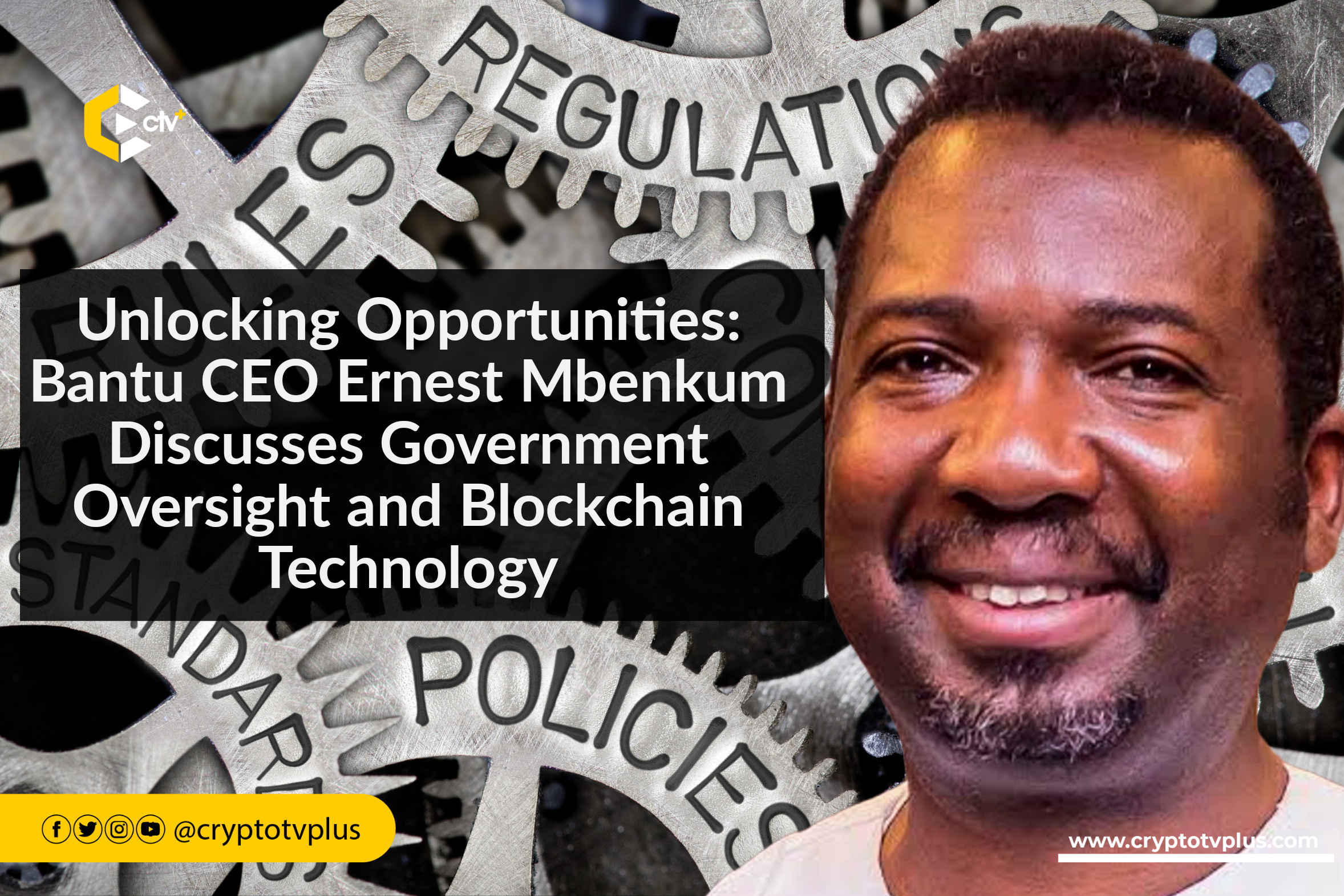News
Unlocking Opportunities: Bantu CEO Ernest Mbenkum Discusses Govt Oversight & Blockchain

In a recent exclusive event, President of Bantu and CEO of Interstellar, Ernest Mbenkum, shared insightful perspectives on the role of government oversight in the world of blockchain and cryptocurrencies. Mbenkum emphasized the need for a balanced approach and highlighted the evolution of understanding between blockchain technology and cryptocurrencies.
Speaking at the Stakeholder’s Policy Dialogue on the Implementation of the National Blockchain Policy organized by the NITDA and SiBAN, Mbenkum acknowledged the significance of government involvement in the crypto space but urged for a more nuanced approach.
He highlighted the need for comprehensive understanding and thoughtful decision-making in order to harness the potential benefits of cryptocurrencies and blockchain technology. Mbenkum emphasized the importance of striking a balance between regulation and innovation, ensuring a conducive environment for growth and development in the digital asset ecosystem.
He advocated against a sweeping, all-encompassing ban and instead proposed that governments should exercise vigilant oversight. By listing specific banned entities, exchanges and projects that were previously blocked have now been offered a chance by the authorities to reemerge and contribute meaningfully to real-world challenges.
Mbenkum shed light on the historical conflation of blockchain technology and cryptocurrencies, emphasizing their inherent distinction and dispelling misconceptions that hindered their initial perception. In doing so, he highlighted that while attention was once predominantly focused on the negative aspects, it is important for governments to recognize and acknowledge the broader advantages entwined with this innovative technology.
From a policy perspective, Mbenkum underscored the importance of multifaceted efforts. He emphasized the necessity for robust governance, effective regulation, and comprehensive education.
Moreover, Mbenkum also shed light on the financial sector, advocating for the establishment of frameworks that enable regulated financial institutions to seamlessly integrate blockchain technology. This, he argued, would pave the way for these institutions to adopt the technology without apprehension.
Read also: Collaboration is key for Nigeria’s blockchain ecosystem, says Mohammed Jega
























